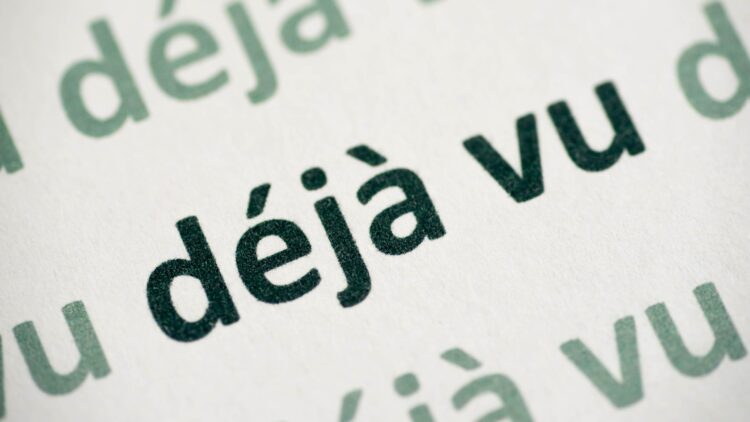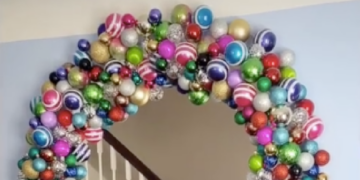Déjà vu is French for “already seen,” it is described as the feeling that you’ve already lived the moment that is happening in the present. We’ve all felt this once or twice; though it can be funny and interesting, the phenomenon always leaves us perplexed because we don’t fully understand it, so why do they actually happen?
Is It Supernatural?

They have always been related to paranormal or psychic abilities. However, many studies have concluded that there’s no connection whatsoever between the supernatural and déjà vu. According to Alan Brown, a scientist of the early 21st century, it can be triggered by certain things, such as places or words, and they even cause a small seizure in the brain.
It Happens To Regular People

Initially, Brown’s investigation was testing if the people who experienced déjà vu had any supernatural power, but he noticed that they also happened to “regular” people. So he conducted a study with several subjects and concluded that most people felt the sensation after specific conversations.
The Gestalt Hypothesis

Brown’s research was the starting point for several other investigations about this phenomenon. Even though there’s still a lot we don’t know, the most accurate theory about déjà vu is related to the Gestalt familiarity hypothesis; it would all come down to similarity in the settings you are in.
How They Tested The Theory

This theory was tested by Anne Cleary , who used Brown’s studies to create her own investigation. She used virtual reality to see how the subjects reacted when they were put on similar sets they’d never been on before. She manipulated the scenes in minor aspects to test the correlation between memories and reality.
All The Subjects Experienced Déjà Vu

The déjà vu was triggered; still, the subjects had never been in the places shown in the study. Cleary explained that it “was more likely to happen when people were in a scene that contained the same spatial arrangement of elements as an earlier scene they viewed but didn’t recall.”
The Brain Registers As Something That It Knows

Basically, this means that the brain notices similar things around us, and when it doesn’t remember exactly where they are from, it registers them as something that we’ve already known and that spatial arrangements have a big part in it.
There Are Many Factors

Nevertheless, Cleary added, “However, it does not mean that spatial resemblance is the only cause of déjà vu. Very likely, many factors can contribute to what makes a scene or a situation feel familiar.”
The Spatial Setting Is Very Important

The Gestalt hypothesis would explain why you’d feel déjà vu whenever you are in hospitals, schools, offices, or every other setting where it is standardized and the furniture is similar, the arrangements, the lighting, and so on. If you’ve been in a similar situation, you’d be left with a feeling that you’ve already lived this.
There’s Much More Behind It

Still, there are many more theories about déjà vu. Other scientists state that they are related to stress and fatigue and are likely to decrease as we age. According to the American Psychological Association, they could be explained based on four different categories: memory, related to the familiarity of something unrecognized; attentional, related to perception; neurological, when there are seizures involved; and dual cognitive processing.
There Are Different Types

On the other hand, the phenomenon can be categorized according to the type of situation, being déjà senti (already felt), déjà vecu (already lived), and déjà visité (already visited). Of course, all of these shares many basic parameters, and the differences between them would be because of the senses that trigger or how they appear.
Your Memory Gets Confused

There’s still a lot to know about déjà vu, but most scientists agree that it is basically an overlapping of the neurological systems in charge of short and long-term memory. Short-term memory is related to the events in the present, while the long-term is those in the past; the explanation says that it would be some slow perception of what’s happening, creating a “glitch.”
How Common It Is

Meanwhile, all of these and other studies have concluded that contrary to common belief, déjà vu is not some premonition or prophecy but rather a common phenomenon, as Brown said in his investigations that it happened to two-thirds of people.
Déjà Vu And Mental Illnes

Though they are very common, as we already explained, when they are constant and prolonged, they could be related to mental illness, such as schizophrenia or chronic anxiety; however, it is not considered a symptom or part of the diagnosis.
The Other Side
Another side of this phenomenon is the jamais vu , which is not as common. This would be the sensation that you’ve not lived the situation, though you have, for example, not been able to remember daily things.
















































